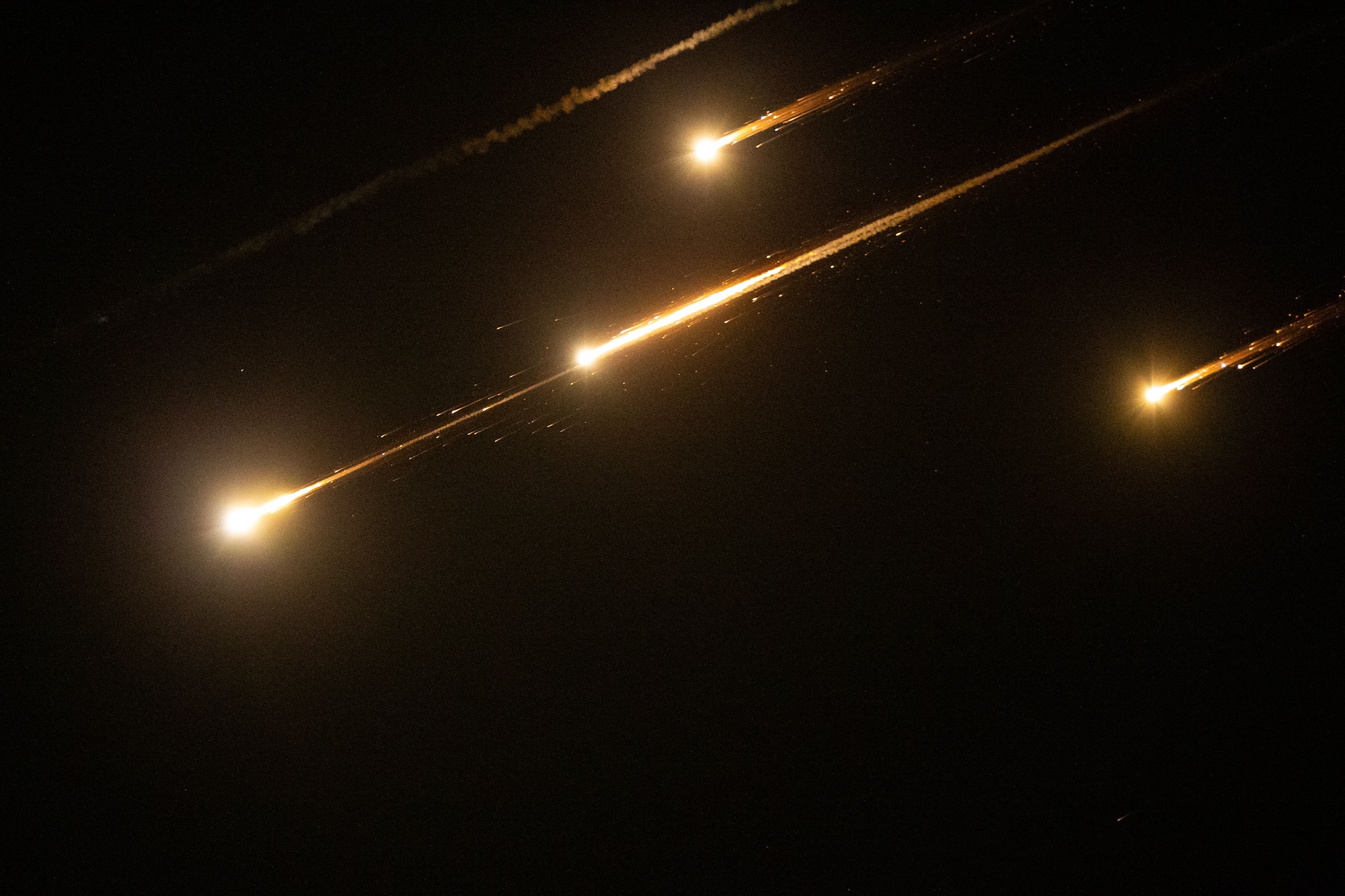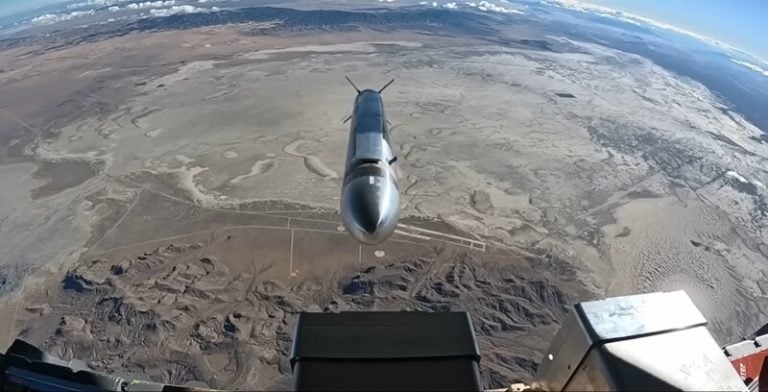In an escalation of hostilities, Israel’s military announced Saturday that it has intensified its operations against Iran, targeting dozens of missile launchers as Tehran retaliated with multiple missile barrages. This exchange follows a series of recent Israeli strikes on Iranian military and nuclear sites, which reportedly resulted in significant casualties among key Iranian military officials, including generals and nuclear scientists.
The Israeli air force has reported that it conducted substantial air strikes, hitting not only surface-to-surface missile launchers but also surface-to-air missile infrastructure to weaken Iran’s air defense capabilities in the vicinity of Tehran. For the first time since the onset of the conflict, Israeli jets reached targets over 1,500 kilometers (over 900 miles) from their territory, highlighting a significant expansion of their operational reach.
In the early hours of Saturday, Iranian missile strikes targeted Israel, resulting in casualties as two individuals were reported killed when a rocket impacted a residential area. This marks the continuation of an intense back-and-forth exchange of fire that has persisted despite heightened calls from the international community urging both sides to seek de-escalation.
Israeli military officials, including the commander of the air force, Major General Tomer Bar, emphasized the strategic importance of these operations. He noted that the coordinated strikes signify a commitment to damaging key strategic sites and undermining Iranian capabilities. Bar further remarked that such operations require intricate planning and cooperation among various military branches and intelligence sources.
As the situation evolves, there are mounting concerns over the ramifications of this conflict for regional stability, particularly with both nations showing no signs of halting their military engagements. The ongoing escalation raises serious questions about the potential for broader confrontation and the humanitarian toll on affected populations.







